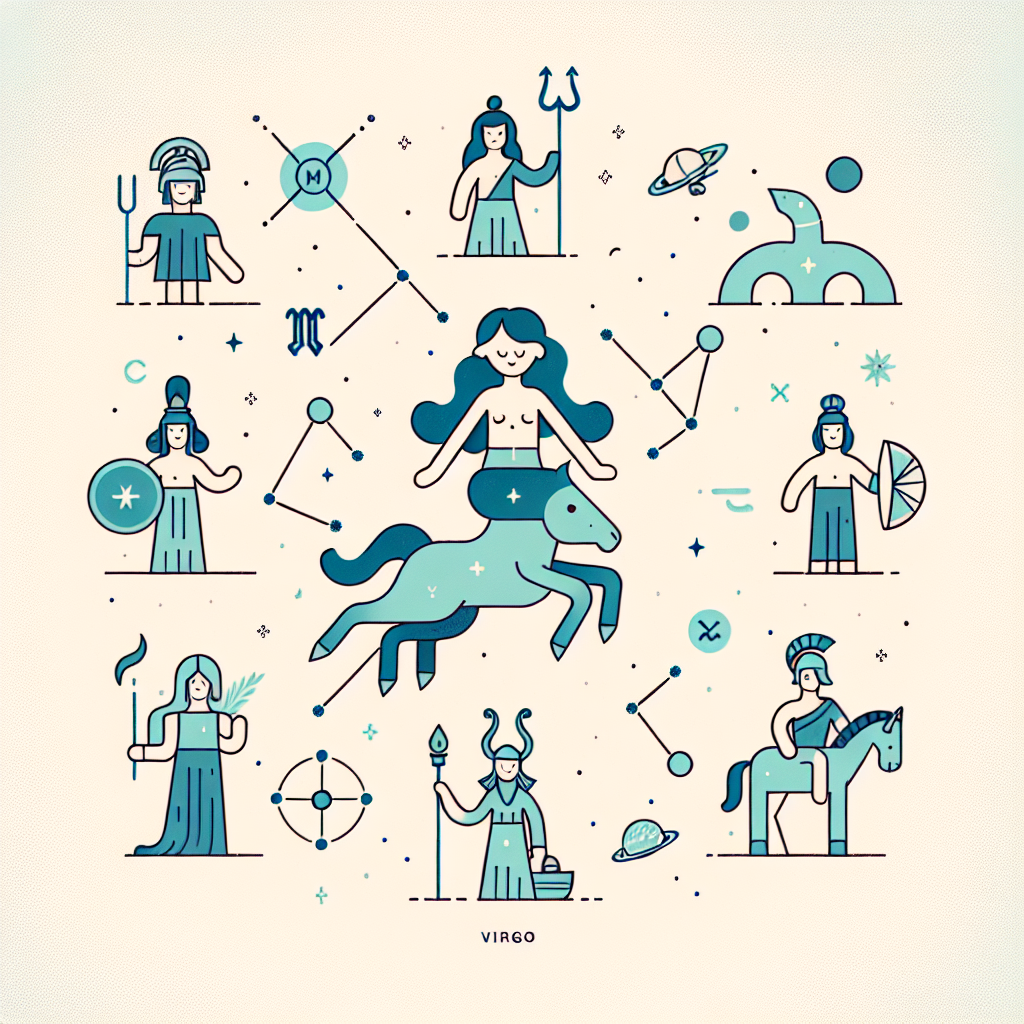When we gaze up at the night sky, the patterns we discern among the stars have been subject to interpretation for millennia. In the tapestry of the celestial arena, the constellation Virgo emerges as a symbol steeped in rich mythology and astronomical significance. As one of the twelve astrological signs, its depiction as a maiden carries profound connotations that span agriculture, purity, and transitions. With roots extending into Greek and Roman lore, as well as connections shared across various cultures, Virgo’s narrative is as complex as it is fascinating, offering insights into human nature and our relationship with the cosmos.
Introduction to Virgo History
Throughout history, each constellation in our zodiac has woven a unique narrative into the cultural fabric of civilization, and Virgo’s history is no exception. This constellation, represented as a virgin maiden, has etched a place in the annals of time, evolving from its ancient beginnings to a lasting symbol that continues to influence our perspectives on astrology and astronomy.

The Astronomical Significance of Virgo
Viewing Virgo through the lens of astronomy reveals much about its position and presence in our night sky. As the second-largest constellation, fitting snugly between Leo to the west and Libra to the east, it’s a celestial giant that has captivated stargazers for ages. Virgo’s significance is enhanced by its sheer size and the stories it tells through its stars.
Virgo in Greek and Roman Mythology
In unraveling Virgo’s enigma, we often turn to the mythologies of ancient Greece and Rome, where the constellation found strong associations with figures such as Demeter, the benevolent goddess of the harvest, and her daughter Persephone, the queen of the underworld. These narratives frame Virgo not just as a celestial object but as a pivotal character in some of the most enduring stories ever told.
Virgo’s Symbolism and Its Evolution Over Time
The symbolism attached to Virgo, notably its iconography reflecting youth and innocence, has seen an evolution over time. This constellation has been emblematic of various concepts, but most consistently, it has been linked to themes of purity and connection to the earth’s bounty. Such enduring symbols serve as a reflection of our values and aspirations through history.
Cross-Cultural Myths and Associations of Virgo
Virgo’s mythological reach extends far beyond Greek and Roman culture. Various civilizations have recognized the constellation, interpreting its figure through their own cultural lenses. This demonstrates the universality of certain archetypes, such as the virgin, which resonate across different societies and historical periods.
Interpreting Virgo Traits in Astrology
Astrological traditions attribute distinct personality traits to those born under the sign of Virgo. Known for their meticulous attention to detail, practicality, and analytical prowess, Virgos are often seen as the perfectionists of the zodiac. As an earth sign, this group is firmly rooted in realism and grounded perspectives.
Virgo Throughout the Ages
From guiding ancient agricultural practices to shaping modern astrological thought, Virgo’s influence is enduring. The constellation has witnessed a resurgence in popularity as contemporary audiences seek connections with the cosmos, asserting its relevance through changing times and affirming its place among the stars.
